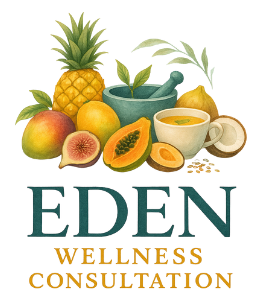Hydration is often oversimplified as drinking eight glasses of water a day, but the reality is more nuanced. Water is essential, yet proper hydration depends on how well your body absorbs and retains fluids. Electrolytes such as sodium, potassium, and magnesium play a critical role in balancing fluid levels and supporting muscle and nerve function. Without them, water passes through the system too quickly, leaving you fatigued despite drinking enough. Eating water-rich foods such as cucumbers, oranges, or watermelon also contributes to hydration, as they provide both fluids and nutrients. At the same time, habits like consuming too much caffeine or alcohol work against hydration because they increase fluid loss. A more accurate way to measure hydration is to look at urine color, aiming for a light yellow rather than following a fixed number of cups. Proper hydration supports digestion, keeps the skin healthier, and improves mental sharpness throughout the day. Small adjustments, like adding electrolytes after exercise or choosing foods high in water content, make a noticeable difference in energy and focus. True hydration is not just about drinking water, but about maintaining a balanced system that supports long-term health and performance.
Why Hydration Is More Than Drinking Water
